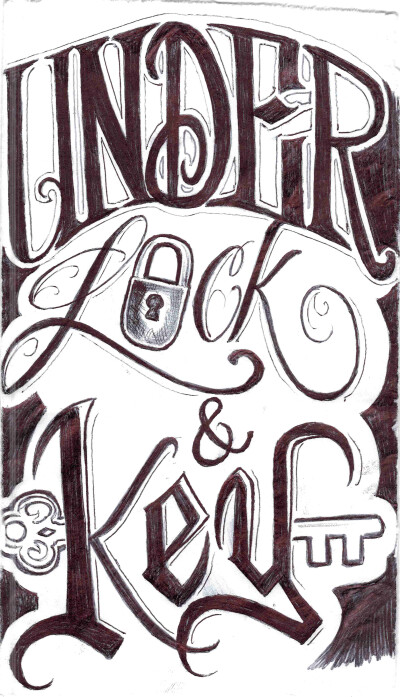
Mail Censorship: April 2025 Report

As many of our readers know, one of the primary obstacles MIM(Prisons) and AIPS face in our work is the censorship of our mail by prison administrators. In ULK 86, we published a censorship report detailing some of the brazen lies these administrators use to justify withholding mail from their rightful recipients. Not much has changed on this front, but that’s to be expected. After all, did we really expect the pigs to stop their oinking?
At the same time, our efforts to combat this censorship have not wavered. We have continued to respond to every instance of censorship we receive notice about, whether that notice be from the prison itself or from a comrade on the inside. Since our last report, we have issued over 20 appeals to censorship cases which have included more than 50 letters being sent to prisoners, wardens, and various government institutions. Unfortunately, most of the appeals we send out do not result in successes where our mailed materials get to their intended recipients. The most frequent conclusion of our appeals is that the prison simply stops responding to our communications. Even when we play by their rules, the oppressors still can decide, at any point, to do whatever it is they want. This is exemplified by the following case of censorship in Georgia.
Georgia and CoreCivic
Back in October 2024, we received several letters we sent to prisoners at Coffee Correctional Facility in Nicholls, Georgia marked “Return to Sender” and “Unauthorized Materials”. The materials we sent them were, ironically enough, our guide to fighting censorship as well as our unconfirmed mail form simply asking whether they received the materials we had previously sent. When we tried to file an appeal for this censorship and to follow up with the prisoners at this facility over the proceeding months, all of our attempts were returned with the word “BANNED” handwritten on the envelopes. It is worth noting that Coffee CF is ran by the company CoreCivic and that we have had similar issues with getting mail to prisoners located at other CoreCivic-ran facilities.
The U.$. courts have ruled that prisons are not allowed to institute blanket bans on materials sent from a publisher, yet this is exactly what has happened to us at Coffee CF. Despite the fact that the materials contained nothing that could be construed as a “security threat” (a favorite of the pigs that work in the mail room), the prison administration has refused to address anything we sent them. The lesson here is the same as outlined above: the government and prisons make up endless rules, protocols, and policies while selectively choosing, on any given day, which to follow and which to discard. The natural question, then, is, why do we commit to fighting censorship when our efforts can be nullified by any random C.O. working in the mail room?
Censorship as a Site of Struggle
It is common in political spaces for people to talk about “human rights”. Endless debate is had over defining what exactly a “human right” is and when it is okay to violate said rights (which is typically just a post-hoc justification of the abuse and murder of the oppressed). We here at MIM(Prisons) and AIPS, however, disdain the very category of “human rights” itself. We say that there are no rights, there are only power struggles.
Thus, when we discuss a subject such as censorship in prisons, there are two ways to view it. From one perspective, the prisons are infringing on the rights of prisoners as established by government institutions and this is morally incorrect because violating someone’s rights is intrinsically wrong. An alternative perspective, and the one we in MIM(Prisons) and AIPS advocate for, is that prisoners receiving mail and prison administrators deciding what mail to censor are two competing forces who are engaged in a struggle for political power. When you view the world through this lens, it becomes clear that discussions over “human rights” are nothing more than a way to obfuscate the underlying struggles taking place. The state says you have the “right” to send and receive mail while in prison, but provides endless stipulations on this “right”: you can’t send too many pages, your mail has to be formatted in this way, you can’t have this type of image, you can’t say these certain combinations of words, and you certainly can’t suggest any unorthodox political ideas.
Our fight against censorship, then, should not be misconstrued as us capitulating to the logic of the Amerikan state which claims to uphold the “rights” of all. We see reality for what it is. When we push back against prison censorship, we are standing on the side of prisoners in their struggle for power against the oppressors of the U.$. state. We stand for the oppressed. We stand for you. Won’t you stand with us in this struggle for power?
Related Articles:








